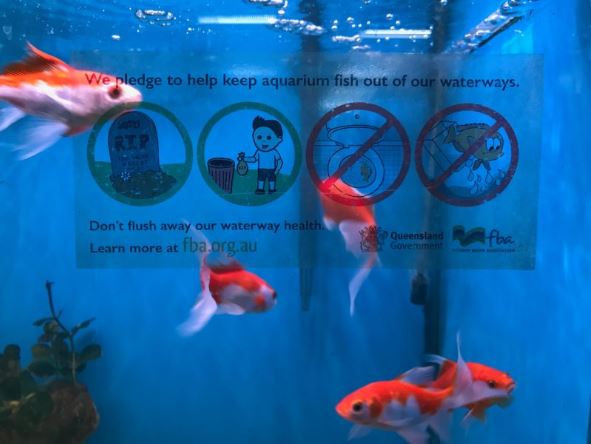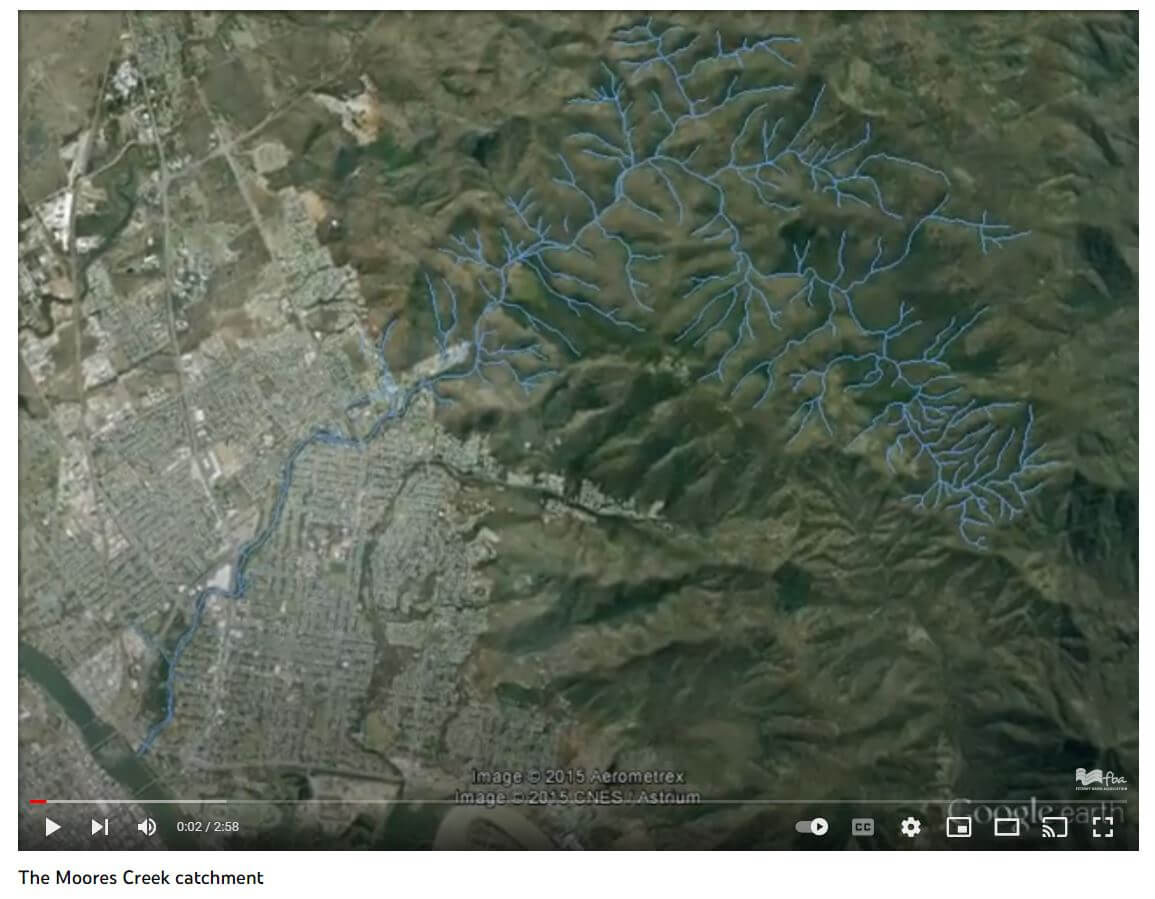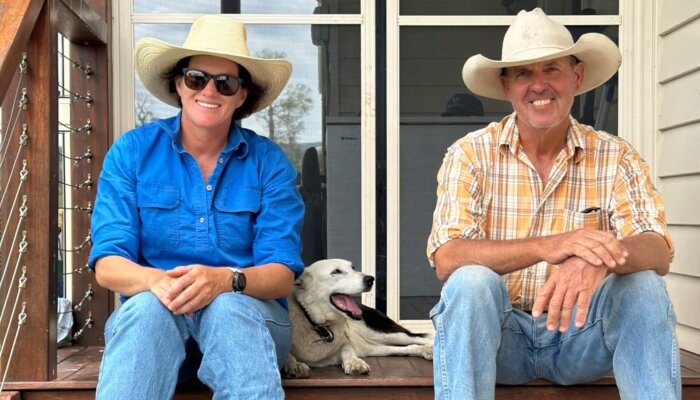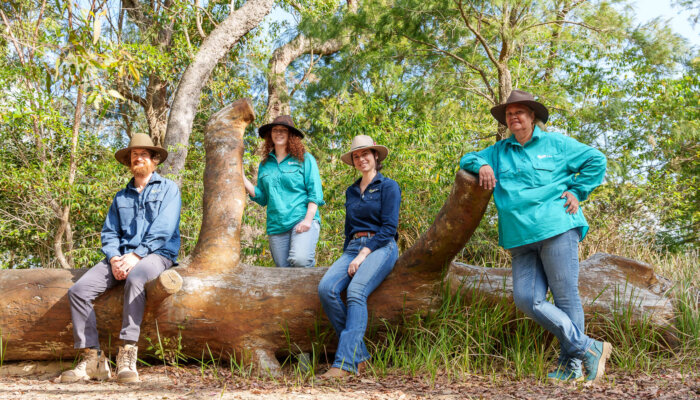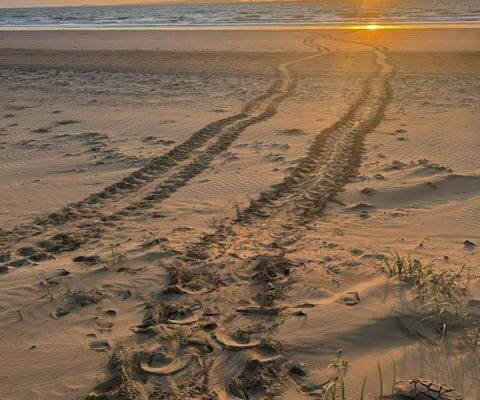Resources library - Flow (teachers & educators)
Flow (teachers & educators) Resources
Gambay – First Languages map
First Languages Australia
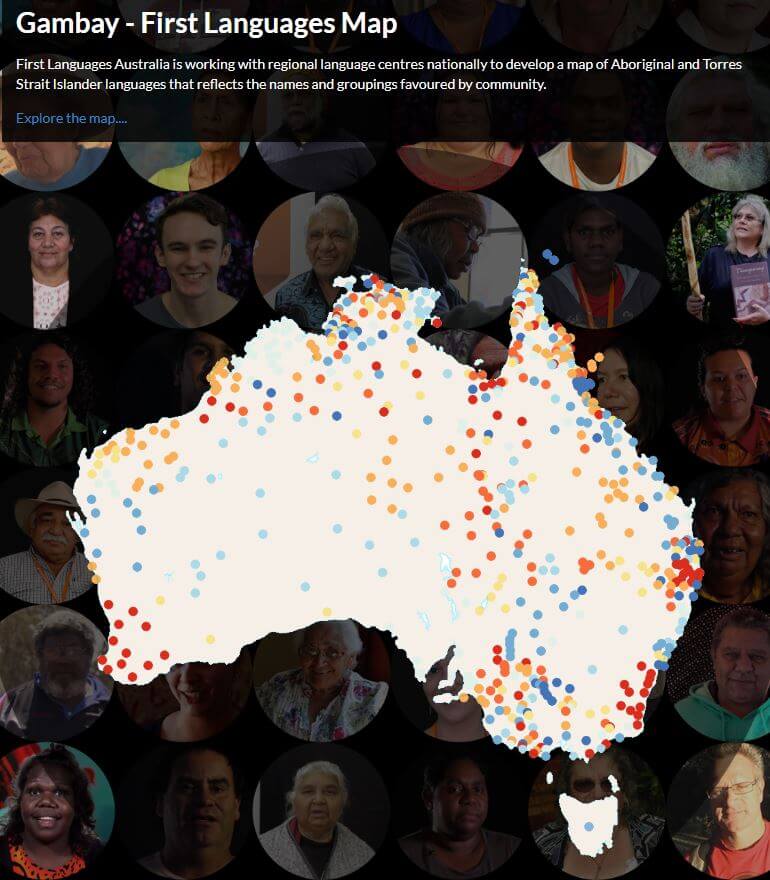
First Languages Australia is working with regional language centres nationally to develop a map of Australian languages that reflects the names and groupings favoured by community.
Protecting and enhancing high value fish habitats across central Queensland’s coast
Protecting and enhancing high value fish habitats across central Queensland’s coast
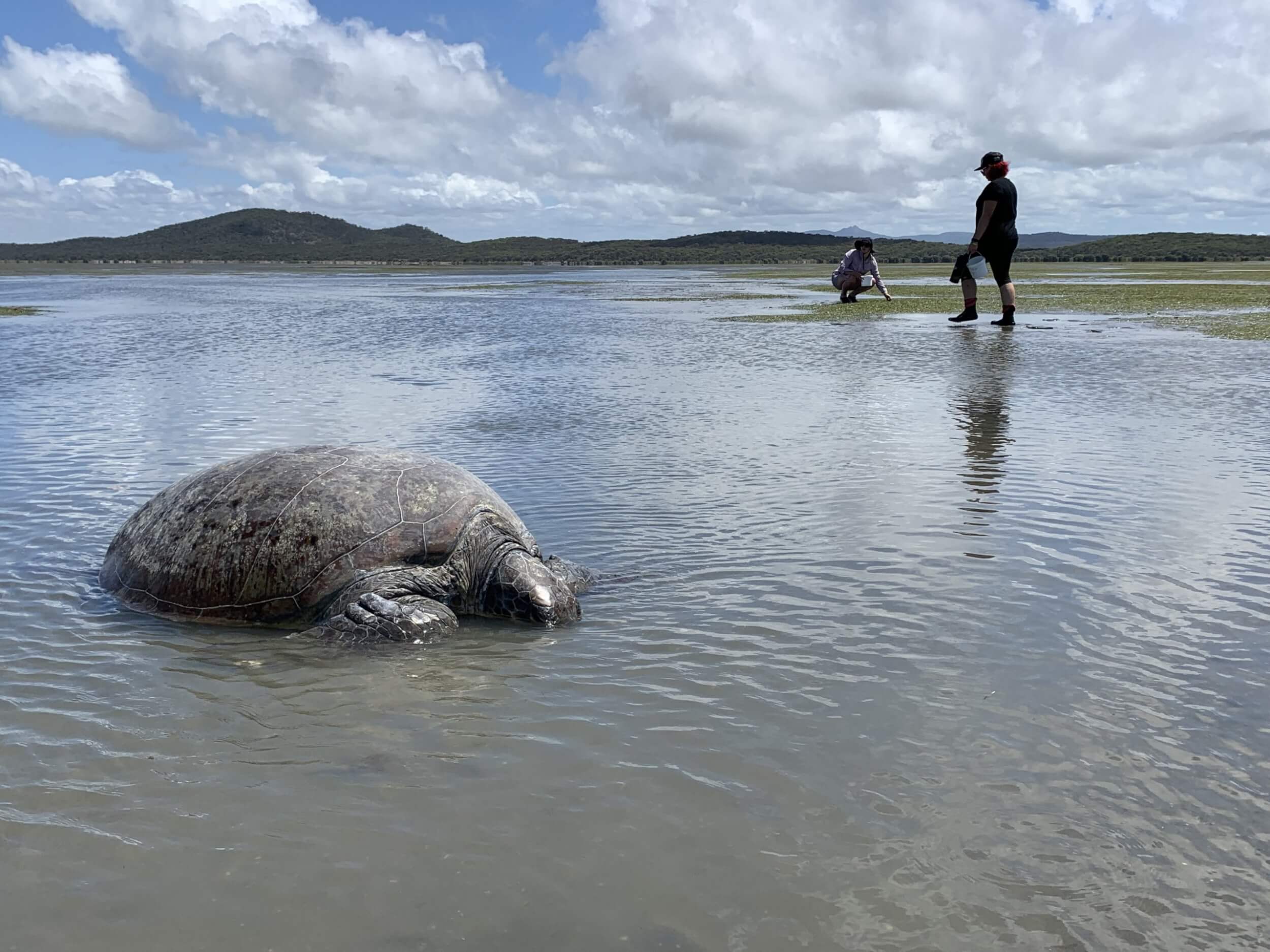
The ‘Protecting and enhancing high value fish habitats across central Queensland’s coast’ project worked to restore seagrass communities (critical fish habitat) that are declining due to habitat loss and destruction.
School Holiday Activity – upcycled t-shirt bag
How-to make a bag from an old shirt!
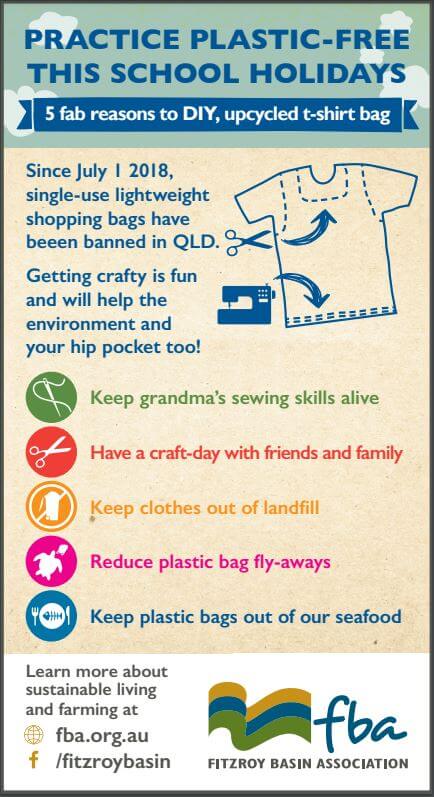
Follow these simple steps and transform an old t-shirt into a handy reusable bag!
Saving the Critically Endangered Kroombit Tinkerfrog
Saving the Critically Endangered Kroombit Tinkerfrog
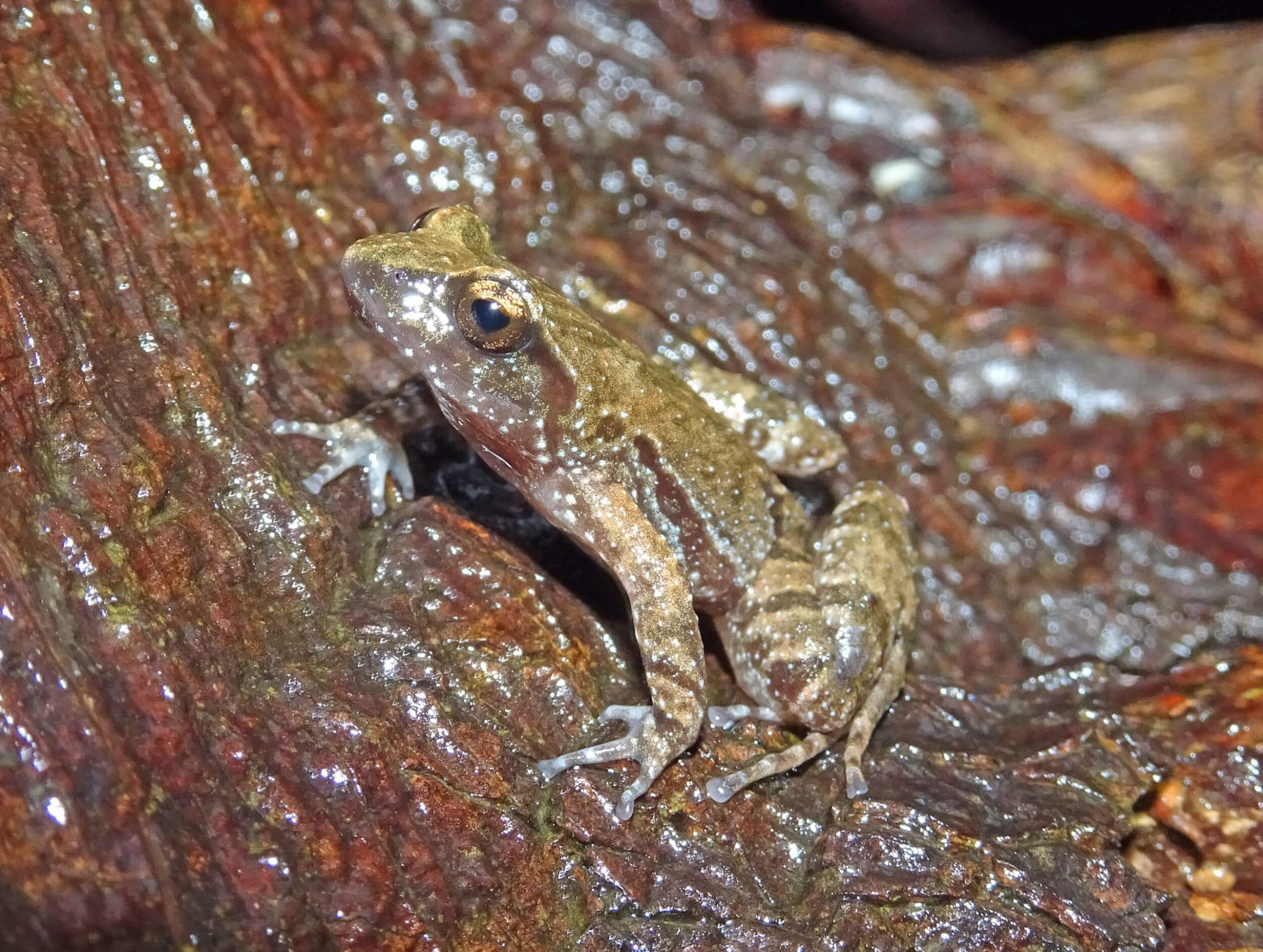
The project focused on the release of genetically diverse, captive-bred frogs into the wild to supplement existing populations and repopulate sites where Kroombit tinkerfrogs have gone locally extinct. There was also a strong focus on habitat and genetic improvement to increase the frogs’ survival odds upon release and protect existing frogs at Kroombit Tops.
FBA groundwater poster
Top tips to protect our groundwater
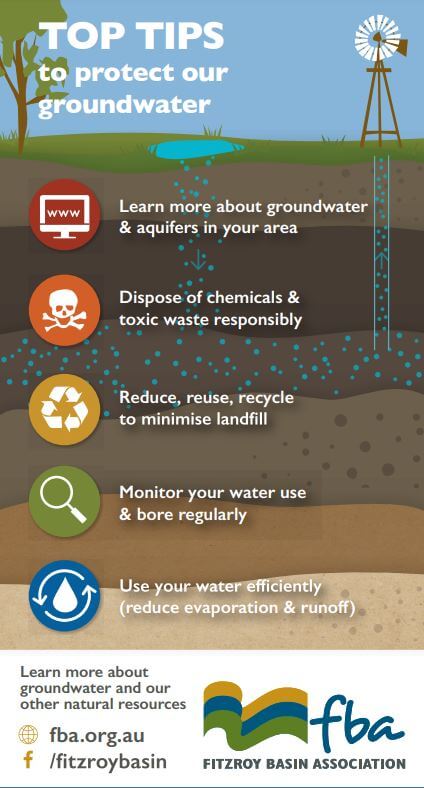
An A3 poster that simply outlines how citizens can protect groundwater.
Semi-Evergreen Vine Thicket Fact Sheet
SEVT Factsheet
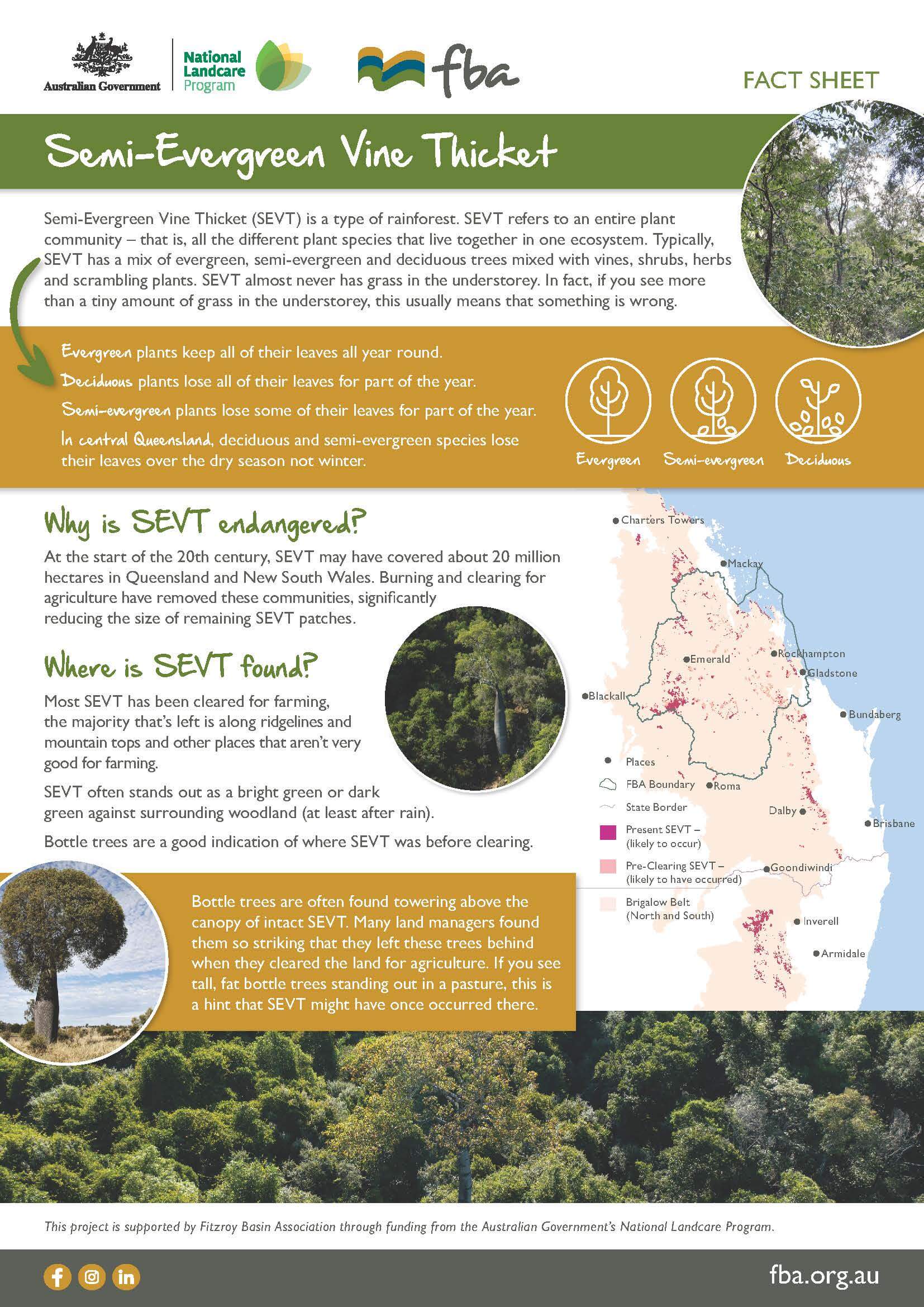
Semi-Evergreen Vine Thicket (SEVT) is a type of rainforest. SEVT refers to an entire plant community – that is, all the different plant species that live together in one ecosystem.
FBA’s Flow Centre
FBA's Flow Centre

Fitzroy Basin Association’s Flow Centre is Australia’s only permanently housed Natural Resource Management display. Located in the heart of Rockhampton the centre tells an important story of the region’s natural assets, and what must be done to protect them.





